Aeon Video has a monthly newsletter!
Get curated editors’ picks, peeks behind the scenes, film recommendations and more.
Is the idea that democracy always benefits society misguided, or just mathematics?
Plato believed that public policy should be the purview of a small group of wise leaders; in his view, ordinary citizens couldn’t possibly be well informed enough to arrive at the decisions that would best align with the common good. Jean-Jacques Rousseau disagreed, countering that normal people, voting for their opinions en masse, could indeed arrive at the ‘general will’. The French philosopher Nicolas de Condorcet (1743-94) went even further than his contemporary Rousseau, proposing that, not only could the wisdom of the crowd be trusted to reach the most beneficial conclusions, but that it was mathematically provable that this was the case. This animated explainer from Wireless Philosophy (or Wi-Phi) details the logic of Condorcet’s so-called ‘jury theorem’, while also identifying weaknesses in the perhaps overly optimistic assumptions embedded in his logic.
Video by Wireless Philosophy
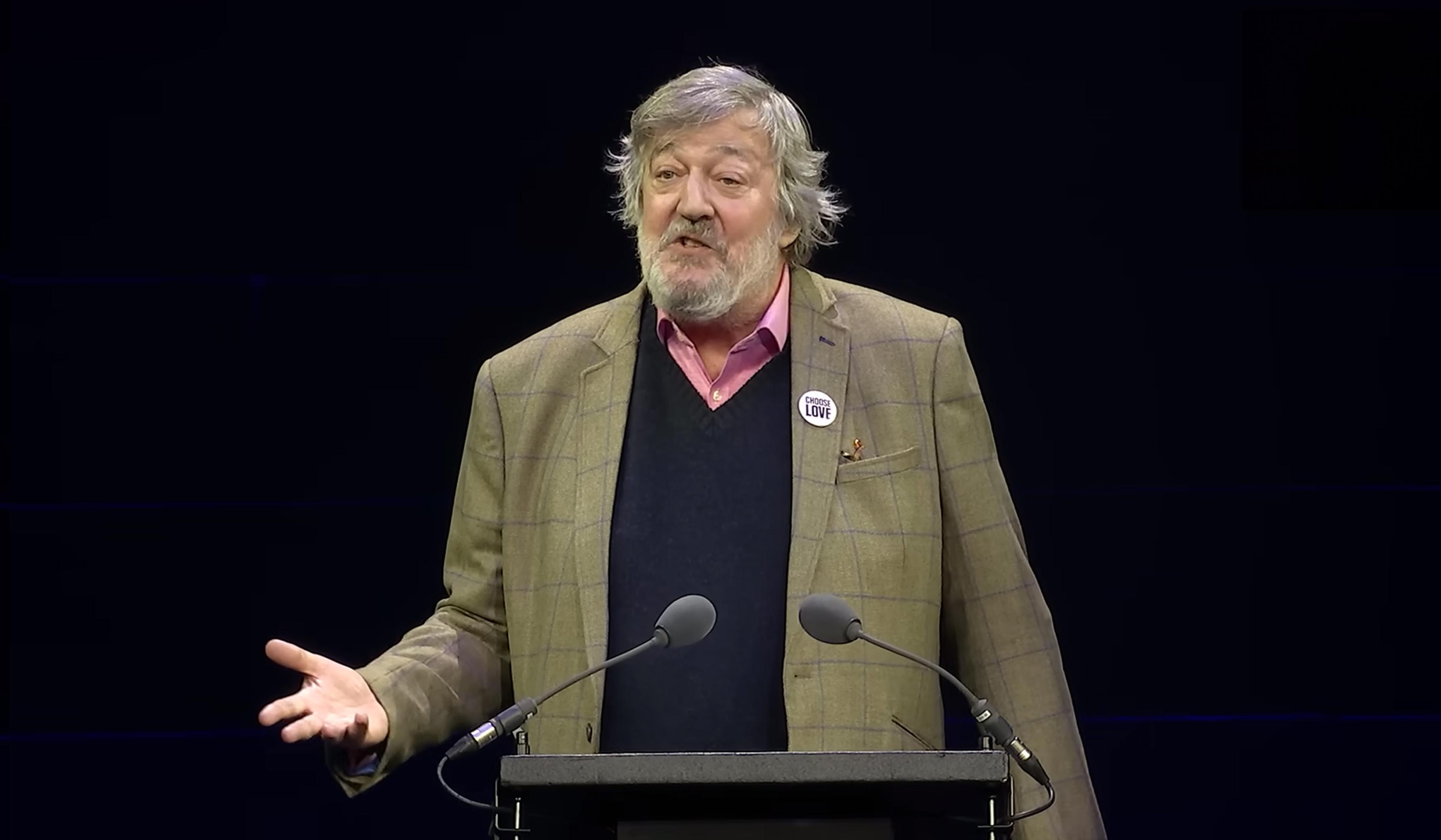
video
Meaning and the good life
Why strive? Stephen Fry reads Nick Cave’s letter on the threat of computed creativity
5 minutes
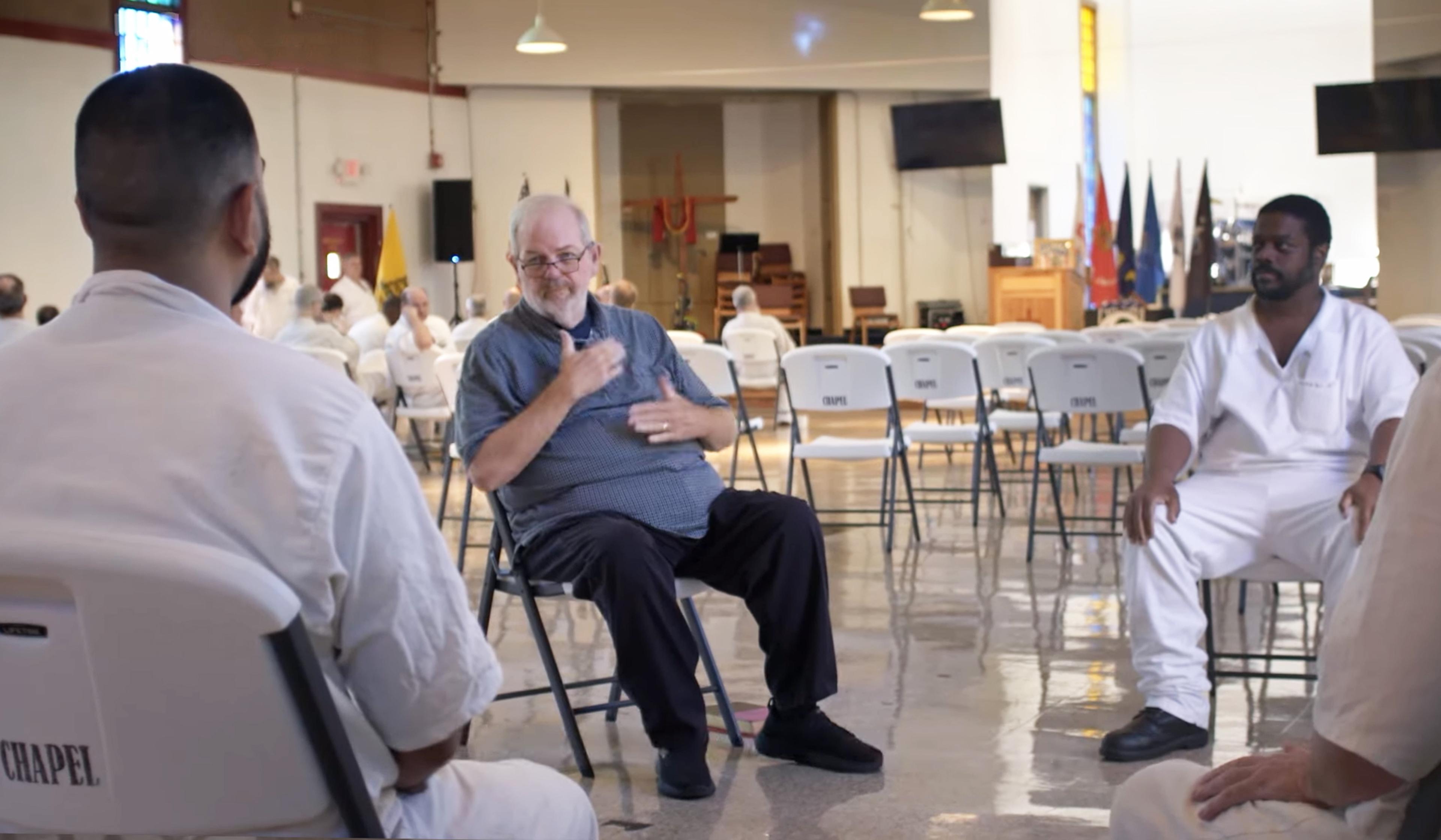
video
Human rights and justice
‘I know that change is possible’ – a Deaf prison chaplain’s gospel of hope
18 minutes
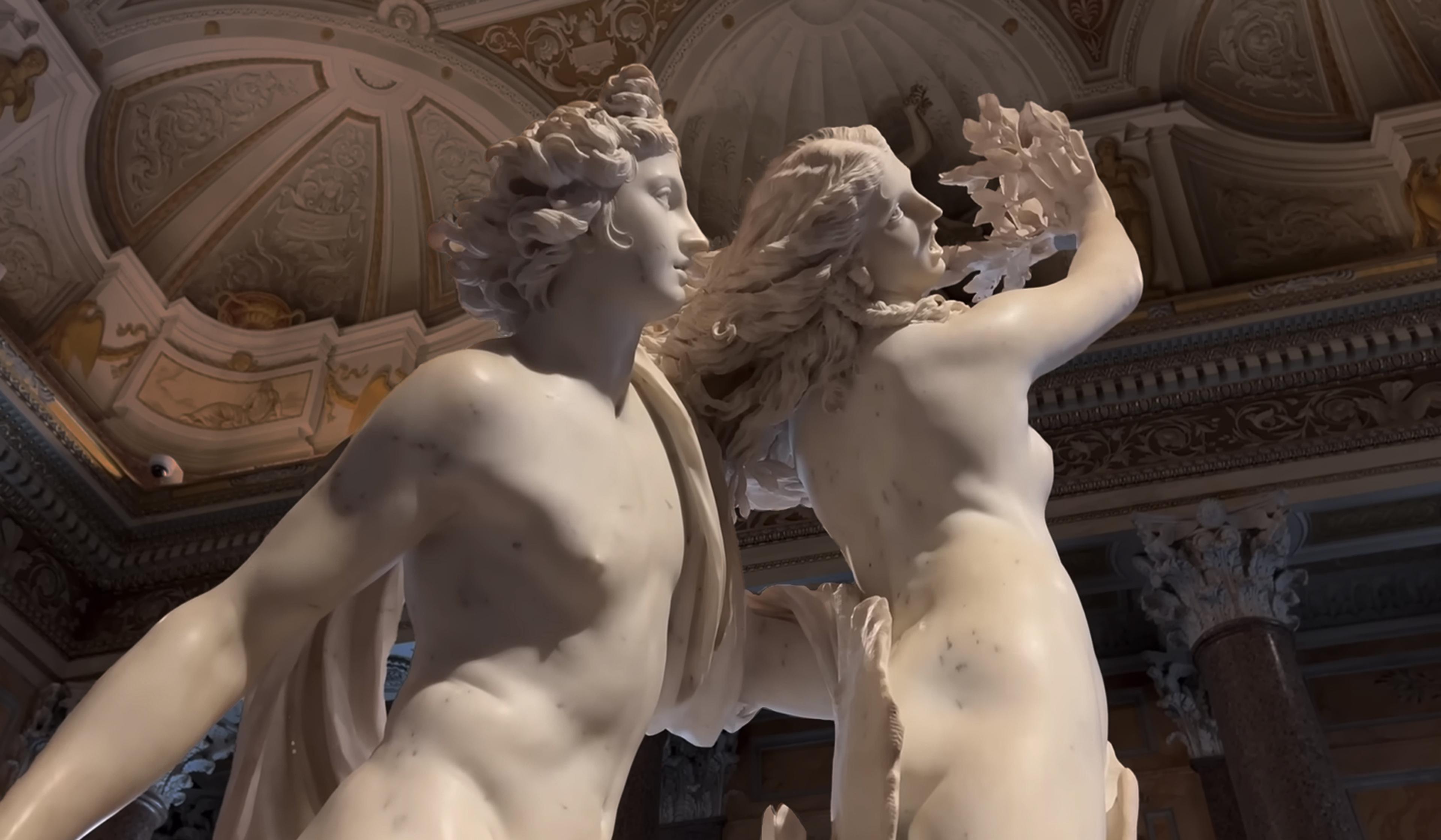
video
Art
The overlooked polymath whose theatrical oeuvre made all of Rome a stage
30 minutes

video
Beauty and aesthetics
The grit of cacti and the drumbeat of time shape a sculptor’s life philosophy
11 minutes
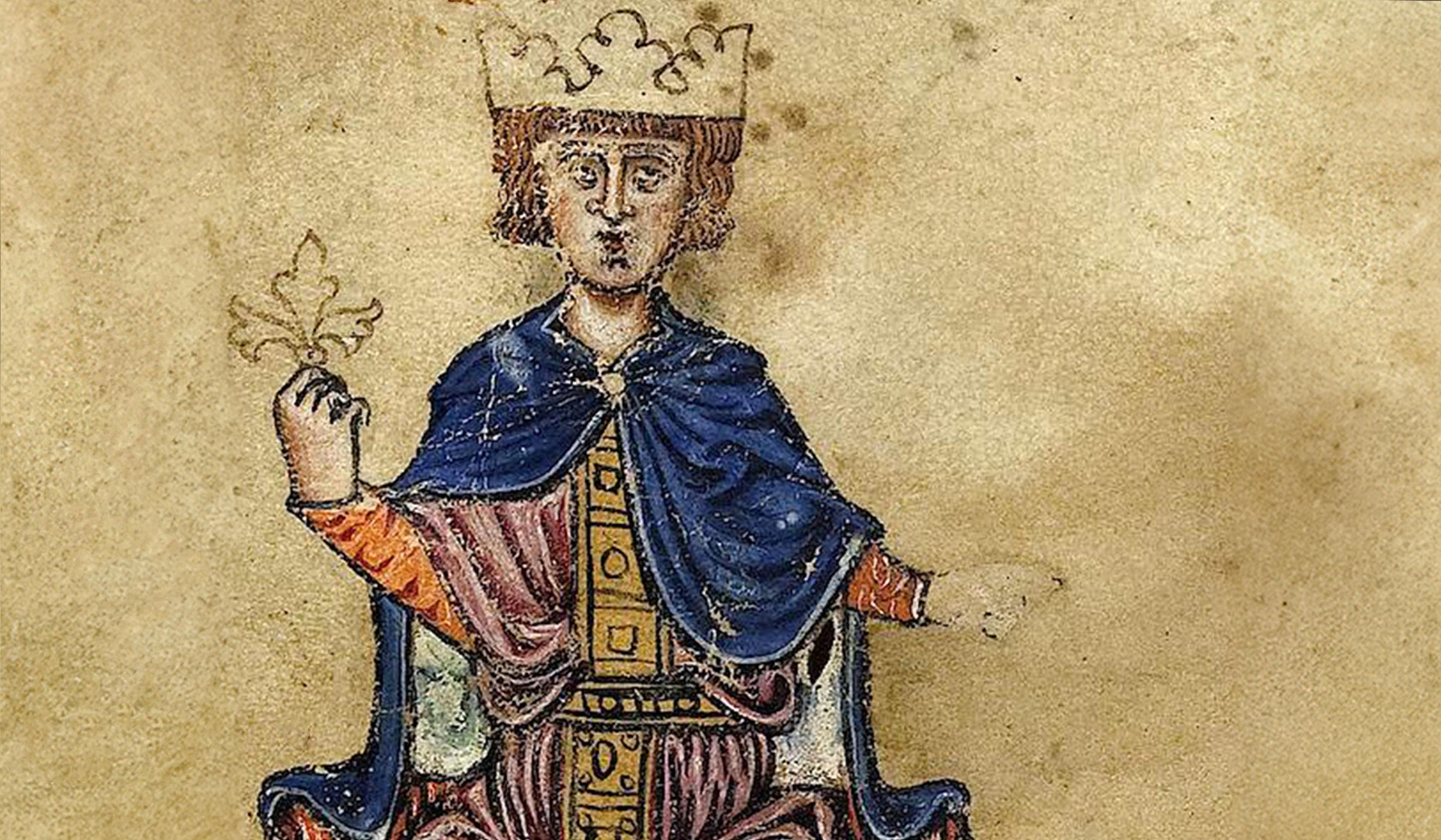
video
Religion
Hear from blasphemes, sceptics and free-thinkers in this ‘tour of medieval unbelief’
52 minutes

video
Ecology and environmental sciences
The ancient Hawaiian myth that sparked a modern ecological breakthrough
10 minutes

video
Music
‘Dun dun dun duuun!’ Why Beethoven’s Fifth sticks in the head and stirs the heart
5 minutes
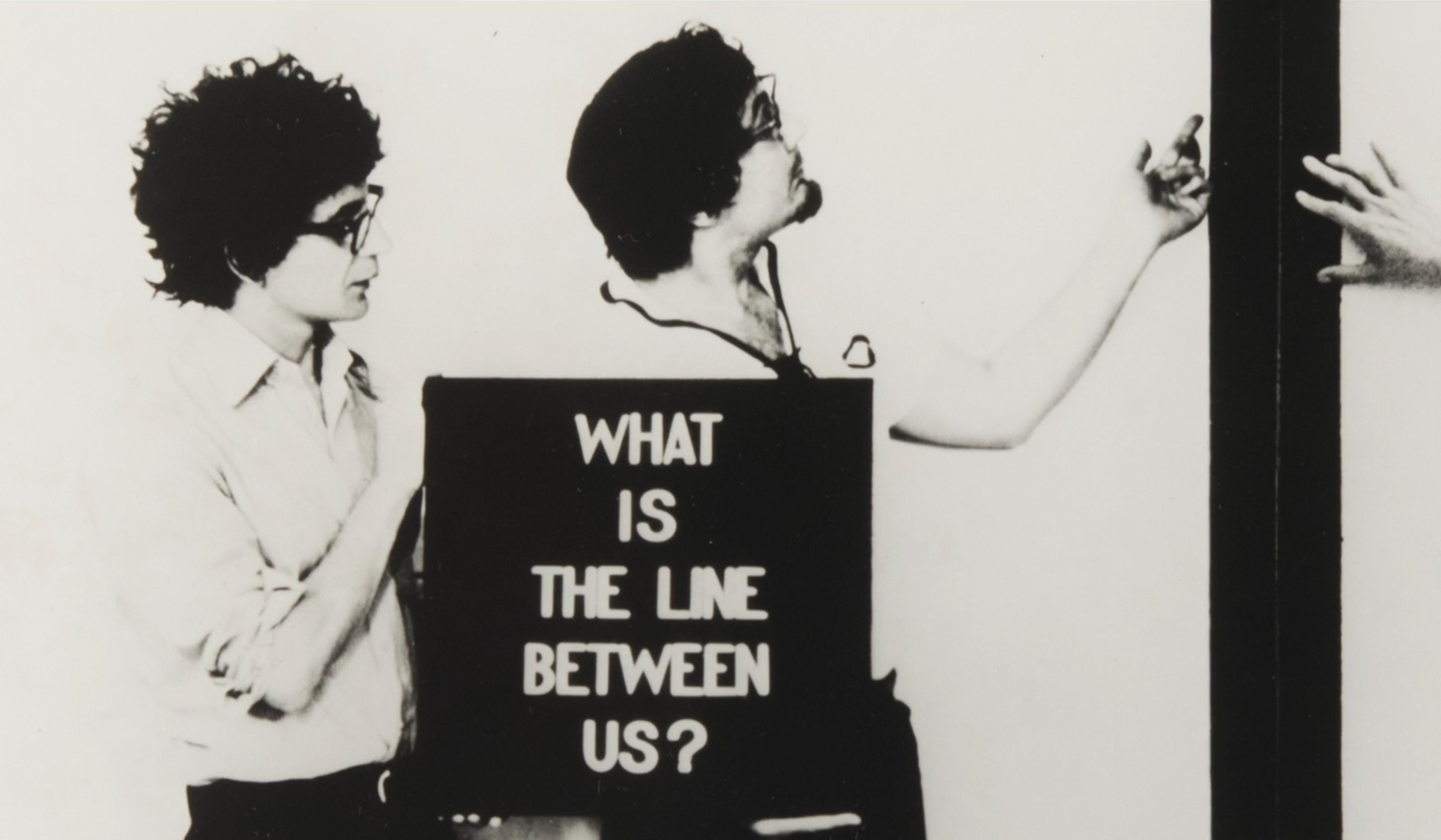
video
Art
The irreverent duo who thumbed their noses at the Soviet Union and the US art world
11 minutes

video
Thinkers and theories
Henri Bergson on why the existence of things precedes their possibility
3 minutes